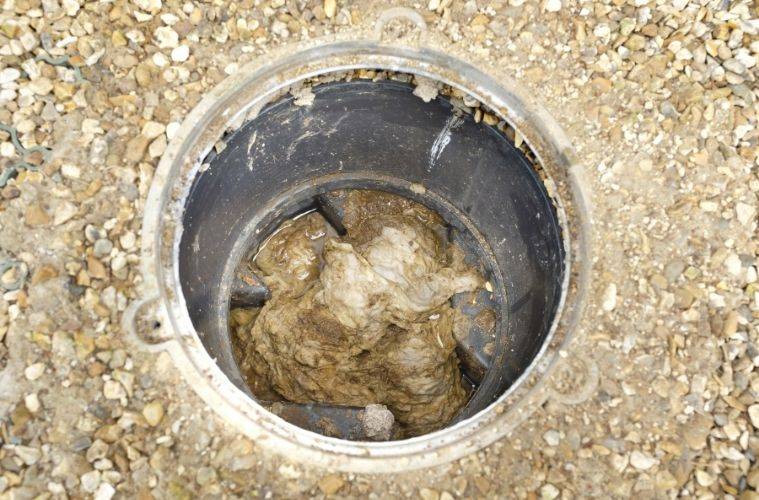A clogged sewer line can cause severe problems for your home. If you discover problems with your drainage system, you must act quickly to avoid sewage coming back out of your pipes. Read on to explore the common causes of sewer backups in your home.
Tree Roots Wrapping Around Pipes
While trees look beautiful in your yard and do wonders for your curb appeal, they can also wreak havoc on your sewer lines. A tree’s extensive root system naturally seeks out water sources and nutrients such as leaks from your pipes. As these massive tree roots start to wrap around your sewage line and squeeze the pipes, your drains below the ground begin to fracture.
One common sign of root blockage is a gurgling sound coming from your toilet. Another common sign is water that drains very slowly from your bathtub or sink.
Pipes Are Clogged
Clogged pipes can occur when sanitary napkins, diapers, hair, grease, and fat combine and cause blockages. You need to make sure you’re only flushing appropriate materials down the drain.
Pay attention to what’s giving you trouble. When you find that just one toilet is backing up, the problem may just be that one drain. However, if all your bathrooms are backing up, a clogged sewer line is the likely culprit.
Older Pipes Can Collapse
Many people live in homes built more than 100 years ago. While these houses have a unique charm, they can also cause a lot of headaches. Workers built many of the pipes for these homes with clay, wood pulp, and cast iron.
Once these older pipes start to age, they begin to crack and collapse. If you’re living in an older home, your pipes may be prone to corrosion and decay.
What To Do if You Have Sewage Issues
Once you notice signs of sewage backup, you need to call professionals right away. They will inspect your sewer line and make any necessary repairs. The quicker you act, the more likely you’ll be able to avoid more serious problems down the road.
As a homeowner, you need to be aware of the common causes of sewer backups in your home. You shouldn’t take these issues lightly. The faster you work to fix them, the better.






















